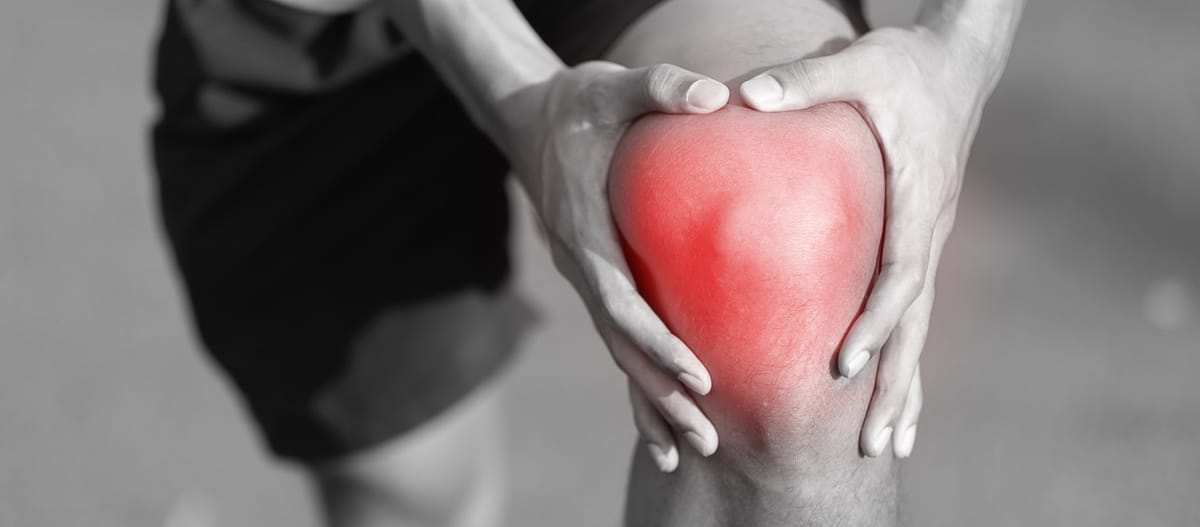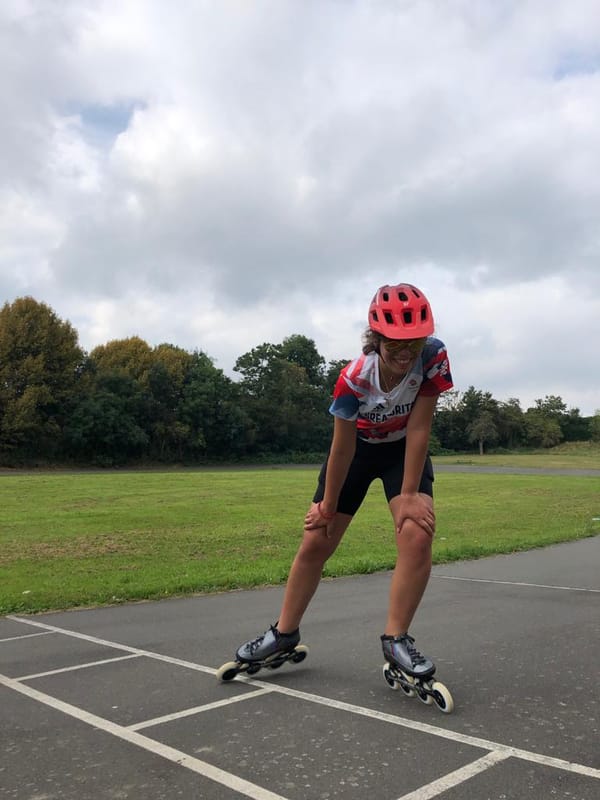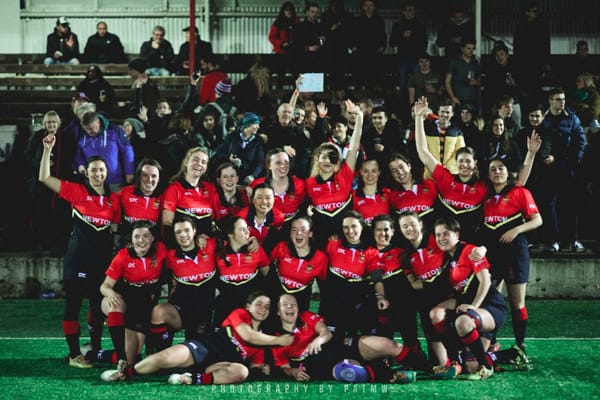Injury as athletes... it sucks
To put it bluntly: injuries suck. There is no "oh look on the bright side".

Throughout the year, we try to publish articles about the events and sports happening at Imperial. However, this week, nobody replied to our emails, so we’ve decided to create our own article about something slightly more generic and outside of Imperial: returning to sports after an injury. The motivation to do this specific topic comes from a variety of reasons: watching the Winter Olympics and seeing some incredibly painful injuries and surgeries, the videos of gym fails circling Instagram when the weight gets a little too heavy (if you know, you know, and if you don’t know, you really don’t want to ever find out), and because my back and knees have started playing up this week for no apparent reason, I’ve decided to use this is a venting opportunity too.
To put it very bluntly: injuries suck. There is no “oh look on the bright side” or positive side to any injury, it’s painful, its demoralising, and it feels completely unnecessary for your body to give up on you like that. Sometimes, you get injured due to something potentially stupid you decided to do, maybe like lifting a weight you definitely knew you couldn’t lift but you didn’t want people in the gym to judge you for taking the plates off, or for something that in all honestly shouldn’t have put you out for a week, like walking slightly funny on the curb and twisting your ankle, or sitting down funny and your knee gives out. Being injured for any reason is incredibly difficult, but being injured as an athlete can be incredibly traumatising.
You might get injured in a game and need to take a day or two out, like when you get hit in the legs by a hockey stick and it leaves a big old nasty bruise, but you know it’ll look worse than it is. But sometimes, you get injured, and you're potentially out for weeks, months, or even a few years, and that impacts you so much mentally and physically. When your identity is as an athlete, being taken out of the sport and activity you love to do most can be incredibly devastating.
The first few days, you’re just in agony, dealing with the consequences of being injured and barely being able to move. But I think the worst part comes a few weeks after that, after you’ve been told you have to take however many weeks or months off, and you don’t know what to do with yourself anymore. Or potentially, it’s so devastating you might need surgery, and with the current speed at which surgeries are happening, you might be out for a few months to years with recovery and all till you are back to your normal self. And then what do you do? How can you identify as an athlete when you are no longer able to do your sport? When you know you were on an upward ladder and you were progressing so well, doing the best you’ve ever done; how do you sit back and watch yourself slip away from who you are and know that was your last chance, and you missed it? And after weeks of recovery, how do you go back knowing how much you have to work at it just to be back to your previous self, if that is even possible now because your confidence is shot?
It’s so incredibly hard, and I don’t have the answers at all. I don’t know what to say or do to make anyone feel better about having an injury, especially because it’s so individual and personal. But what I can give you is something that I realised might have helped me during it, and hopefully one of these things might resonate with you. The first thing I had to do was accept that I was injured, and that everything I was feeling was completely valid. It’s okay to feel sorry for yourself and to feel miserable, to complain all the time, and to feel completely lost for however long you need. And then, the next thing you have to do, no matter how hard it is, is to accept that it has happened, and stop feeling sorry for yourself and start looking at getting better. This I found to be the hardest part, and don’t get me wrong, every few months, I would completely crash and feel sorry for myself and cry about how I hated the situation I was in and regret everything that I did. But that is okay, as long as you keep pushing through it and don’t let it become your entire personality. You don’t want to be the person who had an injury and was never seen again, you want to be the person who had an injury and you got back into it, because it’s something you love. Looking back at all my injuries, I keep telling myself that I regret the actions that led to my injury and I would have done it differently, but in the end, I probably would have done it exactly the same again because there was no way for me to expect it to happen.
Then the actual physical part comes in, where you have to work to recover. From a surgery, that means doing the physiotherapy exercise your doctor gave you that looks absolutely ridiculous to other people in public. It means taking it slow, and learning to listen to your body and realise when the pain is helpful versus when the pain is detrimental. It means taking it so incredibly slow you feel like you’ll never be where you were before, because if you take it too quickly, you might never be able to go back at all. And I’m not going to lie, seeing everyone progress around you, whether you’re in an individual sport or a team sport, while you’re not just not progressing but you feel yourself regressing too, is so difficult mentally. So take the time off from training with your team, maybe take the time off from talking to the people who do sports with you. Perseverance goes a long way.
In the grand scheme of things, you’ll look back at that time in your life when you couldn’t move, a year that felt it lasted a lifetime, and over time, it’ll become a small memory of the many things you’ll achieve once you’re back. Looking back at my last surgery and recovery from four years ago, I still fully remember how absolutely horrific it was to be injured, but I realised I got past it and I’ll be able to do new things now, and still be able to grow as an athlete. And, at least to me, a “bright side” to being injured is now I still get to be an athlete, but I also get to be one that got back from an injury that could have stopped me but it didn’t.








